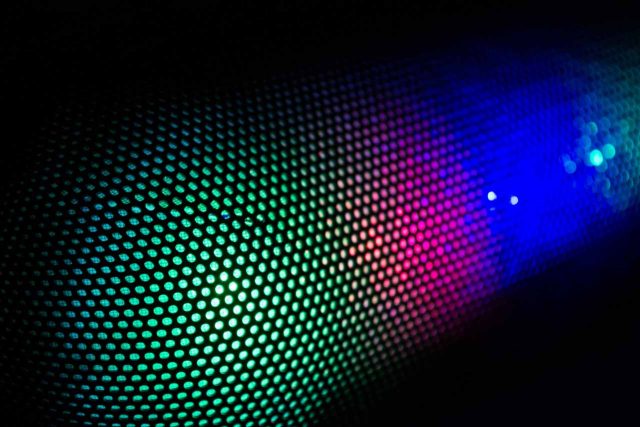About Binocular Vision Dysfunction (BVD) In Austin, TX
Our vision is very sensitive to changes in the environment, lighting conditions, and even bodily changes that can lead to eye allergies, dry eye, and other symptoms.
While in most cases, simply changing your diet or visiting an eye doctor can treat these symptoms, some patients suffer from a more complicated condition — a misalignment with their eyes. Human beings see their world through binocular vision, rather than monovision, where our eyes team up to process the world.
The information collected from your eyes is sent to the brain for processing. Unfortunately, a failure in this process can lead to binocular vision dysfunction.
Our NeuroVisual Optometrist Can Help With:
- Fatigue
- Blurry Vision
- Double Vision
- Sense of Imbalance
- Headaches & Migraines
- Dizzy While Driving & Dizzy Spells
- Inability to Focus

What is binocular vision disorder? (BVD) | Austin, TX
Optometrists refer to binocular vision dysfunction as BVD, which is a visual condition where the line of sight from one eye is out of alignment with the line of sight of the other eye. This misalignment of the eyes can be vertical, horizontal, or at an angle in nature. Some optometrists label this issue under vertical or horizontal heterophoria. Heterophoria is a technical term that refers to a deviation of the eyes’ natural resting position. Meaning, when your eyes are relaxed, they should face forward. If they face different directions, then you have a visual heterophoria.
What causes a loss of binocular vision?
While only a handful of eye doctors have specialized in neuro-visual optometry, the latest studies associate many of the most common visual disorders under binocular vision dysfunction. Often, the loss of binocular vision can start in childhood, yet the symptoms may only become noticeable at a later point in time. Patients who suffered from a traumatic brain injury (TBI) or Post Concussive Syndrome, symptoms are typically noticeable right away.
Since binocular vision dysfunction results from a misalignment of the eyes, there is no clear indicator at what point symptoms may occur. The severity of symptoms can depend on how one’s eyes & brain work as a team and/or outside factors that can add to the stress. For example, students entering competitive universities may suddenly notice symptoms as they place abnormal stress on their eyes and concentration.
In addition, eye misalignment can be so minimal and unnoticeable by the naked eye that many patients go undiagnosed, or even misdiagnosed, for years. Even though Dr. Jennifer Catalasan and Dr. Kevin Soong have the expertise to diagnose and treat BVD, few eye doctors have the skills to detect BVD.

Children & BVD

Double Vision & Brain Injury

Visual Balance Disorders
